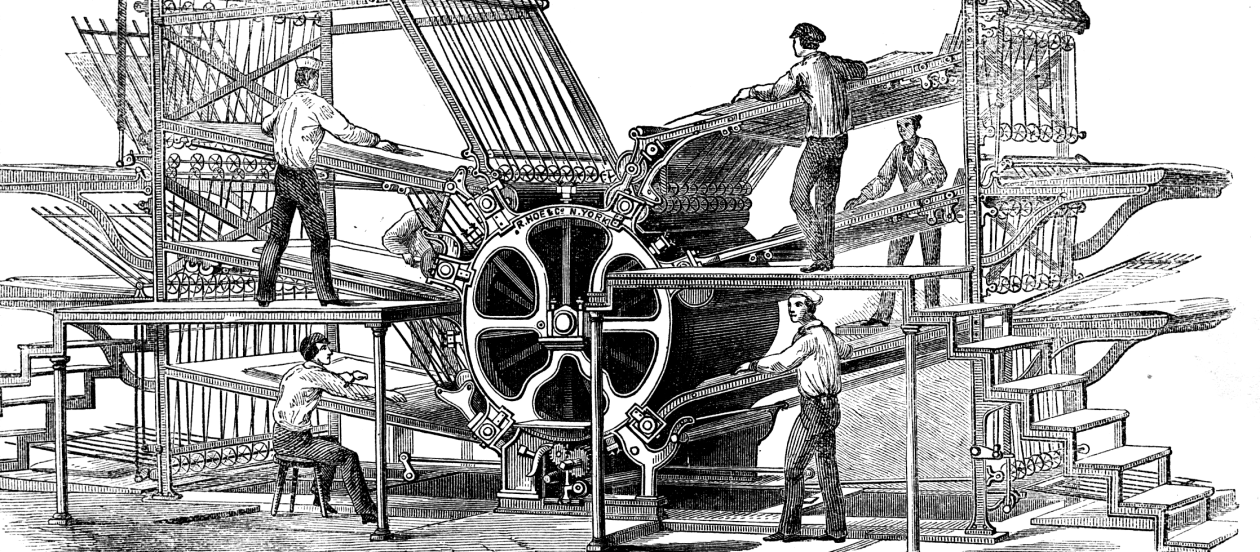 If you check the index in the back of your Trinity Hymnal (pg. 887) you will find that Isaac Watts has more hymns than anyone else in our hymnal, 36 to be exact. But the second-leading hymnwriter in our hymnal is Charles Wesley, with 21 hymns.
If you check the index in the back of your Trinity Hymnal (pg. 887) you will find that Isaac Watts has more hymns than anyone else in our hymnal, 36 to be exact. But the second-leading hymnwriter in our hymnal is Charles Wesley, with 21 hymns.
Wesley was, and this is an understatement, prolific. He penned almost 9,000 poems & hymns (in 56 volumes) in his life ! You know them well: “O, For a Thousand Tongues to Sing”, “Come, Thou Long-expected Jesus”, “Hark, the Herald Angels Sing”, “Christ the Lord is Risen Today”, “Rejoice the Lord is King”, “And Can It Be, That I Should Gain”, “Jesus, Lover of My Soul”, are just a few of Wesley’s best.
Charles (1707-1788) was the 18th of 19 children born to Samuel and Susannah Wesley. His older brother John was the founder of the Methodist movement. When Charles was born very prematurely everyone thought he was stillborn and dead, since he lay silently for days!
Always a brilliant student, Charles accompanied his brother John to Oxford University. They were both dismayed at the immorality and impiety there. So, along with their good friend George Whitefield, they started “The Holy Club”, a group of young men who gathered for Bible study, prayer, and prison ministry.
After ordination Charles came to Georgia (it was still a penal colony) as a missionary to prisoners and Indians. After an unhappy stint there, he returned to England where he faithfully preached, wrote hymns and ministered. His great themes for his hymns were justification by faith alone and the Person and Work of Christ. But, Wesley wrote so widely that one music historian said “If the Bible were lost, a skillful man might extract much of it from Charles Wesley’s hymns”.
This Sunday morning after the sermon we will be singing another of Wesley’s great hymns: “Love Divine, All Loves Excelling”.
In stanza 1 the hymn begins by describing that love, pleading that it may enter every trembling heart.
In stanza 2 we pray that the indwelling Holy Spirit would take away our love of sin.
In stanza 3 the hymnwriter anticipates the day when God’s redeemed and glorified people will serve Him like the angels above.
In the final stanza Wesley pleads with the Lord, in a crescendo of adoration, to finish His work in us and change us from glory into glory.
Come prepared to sing God’s praise using the great, historic hymns of the faith that God’s church has been singing for hundreds of years!
- The Well-Ordered Home - May 16, 2017
- Grace-Based Parenting - March 8, 2017
- The Civil Government Has Asked Us to Pray - November 16, 2016
